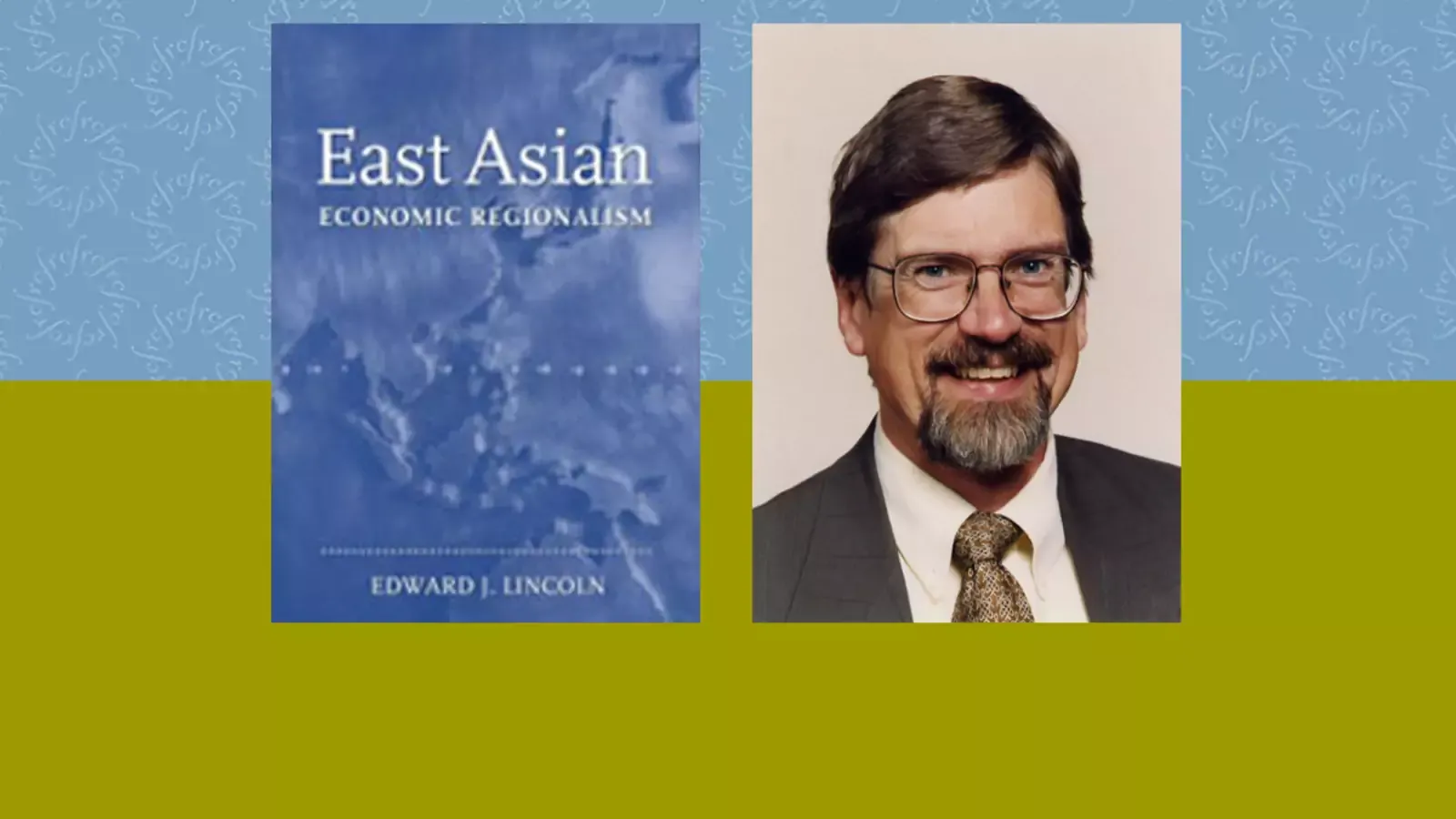East Asian Economic Regionalism

Introduction
In this book, Edward J. Lincoln examines economic regionalism in East Asia and its implications for U.S. policy in the region. Teaching notes by the author.
Summary
This book primarily examines economic regionalism in East Asia and its implications for U.S. policy in the region, but it also addresses several important themes relevant to university level economic, political economy, international relations or regional studies courses. These teaching notes provide summaries of four major related themes, as well as suggested talking points for each theme. Depending on the degree of specialization of the class, instructors may wish to use these talking points as the basis for in-class discussion or debate, or may assign them as topics for more detailed out of class assignments such as essays or longer written assignments. A list of additional reading material accompanies each theme. Links to relevant online economic data sources is also included.
Essay and Discussion Questions
- Discuss the pros and cons of global multilateral and regional or other preferential trade agreements. What are the economic arguments for each? Can any non-economic justifications for these agreements be made?
- Is the author's argument against economic regionalism convincing?
- Defenders of preferential trade agreements often argue that these agreements can act as building blocs to free trade by pressuring other states to join in order to gain access to larger markets at lower tariff levels. What are some of the likely arguments for and against such expansion? How does the economic trade-off differ for existing and new members?
- Has competitive liberalization been a successful strategy for the United States? Do you think that preferential trade agreements have contributed to or hindered progress of global level trade talks in the WTO?
- The Bush administration has often linked its trade strategy with democracy promotion, arguing benefits such as increased transparency and openness in partner country governments, the enactment of market-based reforms, and the establishment of the rule of law. Do you agree that there are any correlations between free trade and democracy? Is promoting free trade the best way to encourage democracy?
- What are some possible political and economic motivations or pressures for the Japanese government in attempting to form free trade agreements at the bilateral and regional level? Whyis this a relatively new policy development for Japan?
- What are some of the potential economic and political problems standing in the way of such agreements?
- Given Japan's continued overall reluctance to liberalize sensitive sectors such as agriculture (which was excluded from the JSEPA), do such agreements represent a fundamental policy shift and desire to change the direction of Japanese trade policy?
- What are some possible political and economic motivations or pressures for the Japanese government in attempting to form free trade agreements at the bilateral and regional level? Whyis this a relatively new policy development for Japan?
- What are some of the potential economic and political problems standing in the way of such agreements?
- Given Japan's continued overall reluctance to liberalize sensitive sectors such as agriculture (which was excluded from the JSEPA), do such agreements represent a fundamental policy shift and desire to change the direction of Japanese trade policy?
Supplementary Materials
Jagdish Bhagwati, Testimony before U.S. House Subcommittee on Domestic and International Monetary Policy, Trade and Technology, Tuesday, April 1, 2003.
C. Fred Bergsten, "America 's Two-Front Economic Conflict ,"Foreign Affairs, March/April 2001.
Bernard K. Gordon, "A High-Risk Trade Policy," Foreign Affairs, July/August 2003.
Joseph T. Siegle, Michael M. Weinstein, and Morton H. Halperin, "Why Democracies Excel," Foreign Affairs, September/October 2004.
Edward J. Lincoln, Arthritic Japan: The Slow Pace of Economic Reform, 2001.
Naoko Munakata, "Evolution of Japan's Policy Toward Economic Integration" CNAPS Working Paper, December 2001.
"China and Japan: So Hard to be Friends," The Economist, May 23, 2005.
Evan S. Medeiros and M. Taylor Fravel , "China 's New Diplomacy," Foreign Affairs , November/December 2003.
Zheng Bijian, "China 's "Peaceful Rise" to Great-Power Status," Foreign Affairs, September/October 2005.